What is Sustainable Diving?
![]() And why is it SO important?
And why is it SO important?
Sustainable diving: the practice of diving in a way that has little or no negative effect on the habitats we’re diving in.
Think about it… You are entering a world that is in no way, shape, or form yours.
It belongs to someone else, respect it as you would expect strangers to act in your home!
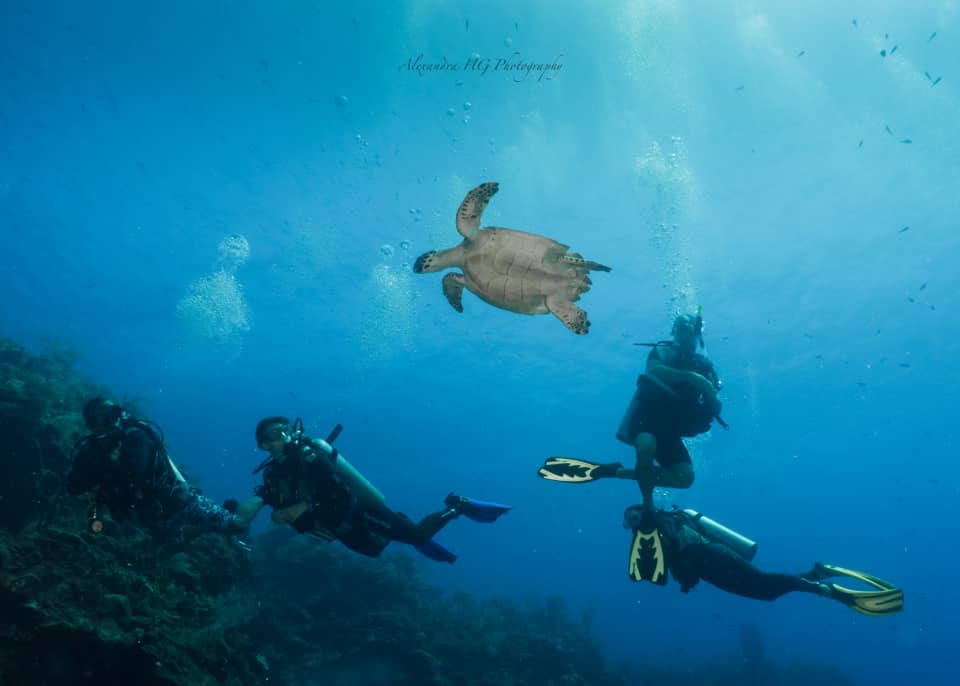
Every year more and more people are participating in scuba and snorkeling. If not properly educated, these individuals can contribute to already harsh conditions placed on the oceans eco systems. Luckily, with a little guidance divers can explore the underworld and not only leave it unharmed, but leave it better than you found it!
Being able to explore a world so different than our own is something we are incredibly lucky to get to do.. lets keep it that way!
So now the question is..
How do I become a sustainable diver?
Here are 8 steps YOU can take to do YOUR part in keeping our ocean safe..
1. Do not touch anything!
It may seem harmless to touch parts of the physical environment underwater, but even the slightest touch can upset the eco system and cause long term damages. Make sure you are always aware of your surroundings, your fins, and avoid coming into contact with any of the reef and marine life.
Remember, we are not from this world, our make up is different and touching our hands to anything can be very harmful.
2. Get your buoyancy down
A great way to make sure your body and fins do not disrupt your surroundings is to practice your buoyancy control. Being weighted correctly and maintaining proper buoyancy will help you to not crash into the coral or marine life. Take some time underwater to find out what positions work for you, and practice fining techniques for increased maneuverability. This is a big part of becoming a sustainable diver!
Pro tip: improve your buoyancy by completing your Advanced Open water. As part of this course, you are required to complete a dive that focuses solely on peak performance buoyancy. Also, taking a peak performance speciality course will really enhance your diving skills.
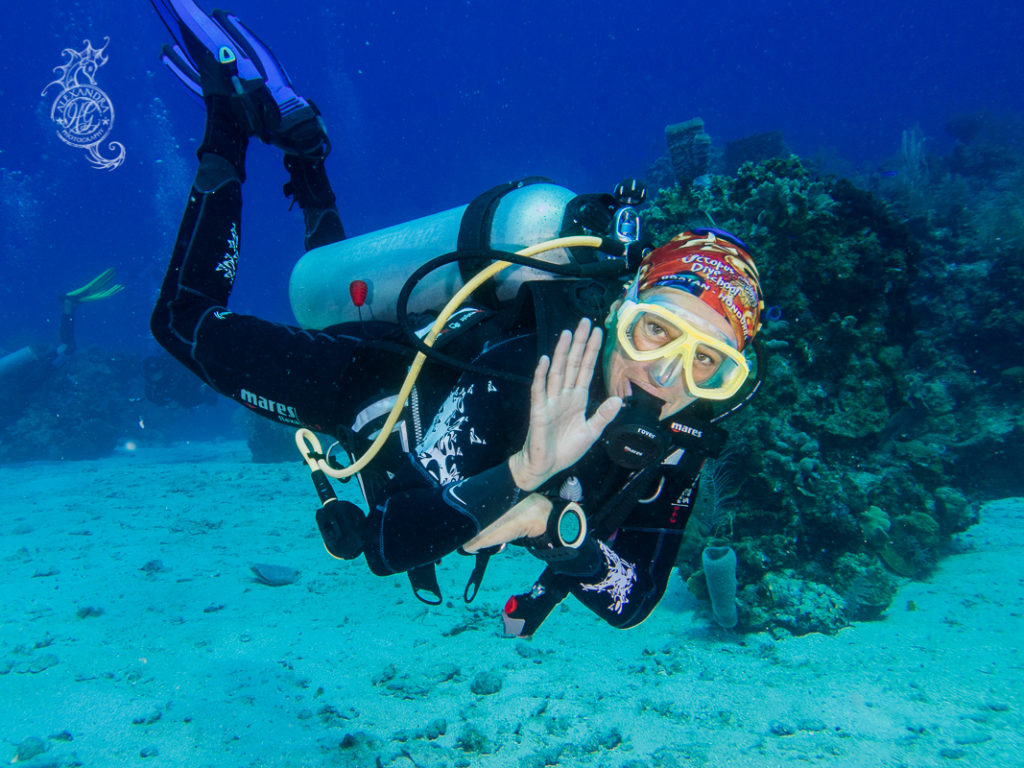
3. Be conscious of your equipment and belongings
Make sure your SPG (pressure gauge) and any loose pieces of your equipment are tucked in. Often times, divers will not notice hanging items dragging along the reef disrupting the coral and marine life. Make sure to keep an eye on those hanging GoPros too! Be aware of your belongings, do not leave anything behind. Make sure not to drop any weights, torches or personal items/equipment. Secure all items before jumping in! Speaking of leaving things behind…4. Trash that should not be in the ocean: pick it up!
Here at Coconut Tree Divers we like to leave the ocean better than we found it! This means picking up any fishing wire, bottles, plastic, cans, bags, anything that is not native to the ocean floor unless it has been there for a long time then be careful it could have reef life starting to inhabit it. Check with your dive guide first before taking anything from the reef that you are not sure about. If you want to do your part for the environment we offer a dive against debris specialty course, it’s great for all ages and certification levels.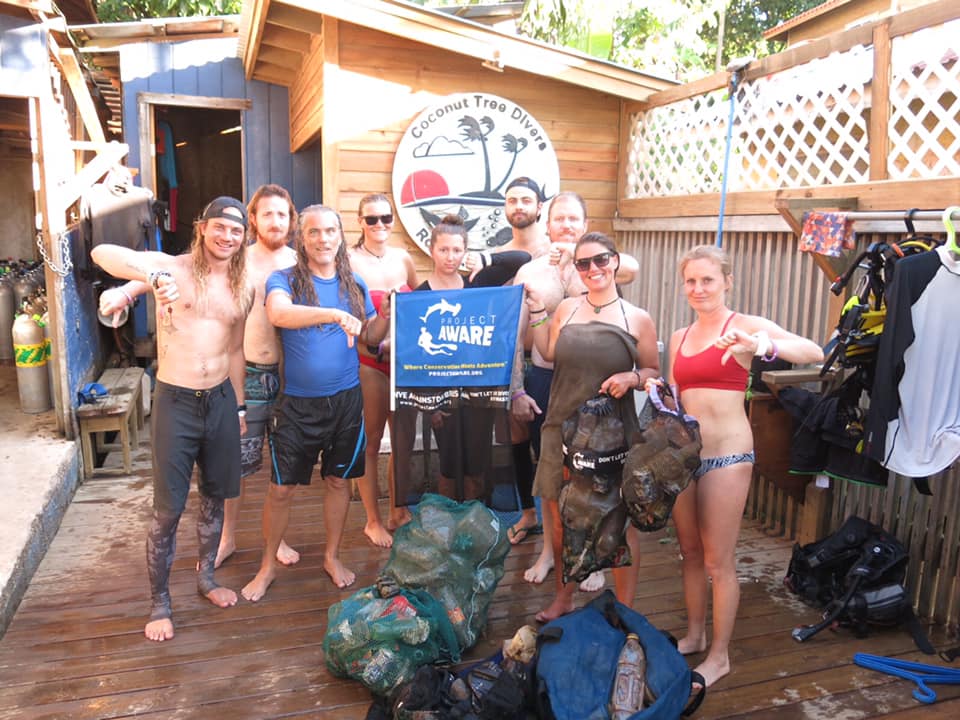
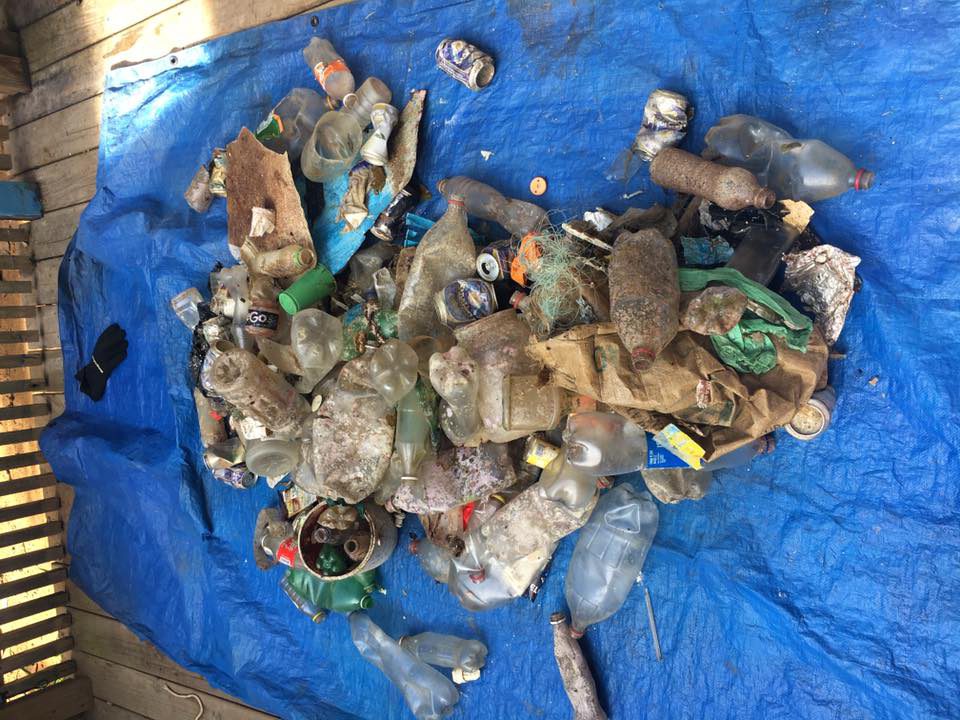
5. Do not feed the animals
It make seem super fun or even helpful to feed the fish.. but it is not. Fish can become reliant on this practice, throwing off the entire eco system and food web. It may be hard to watch an animal fend for themselves but we really do not want to upset mother nature now do we!?!6. Be respectful of the marine life
AKA don’t go chasing them and shoving GoPros in their face. Chasing the marine life can cause them a great deal of stress. This stress can cause transmission of diseases or death. Be respectful and always keep a proper distance.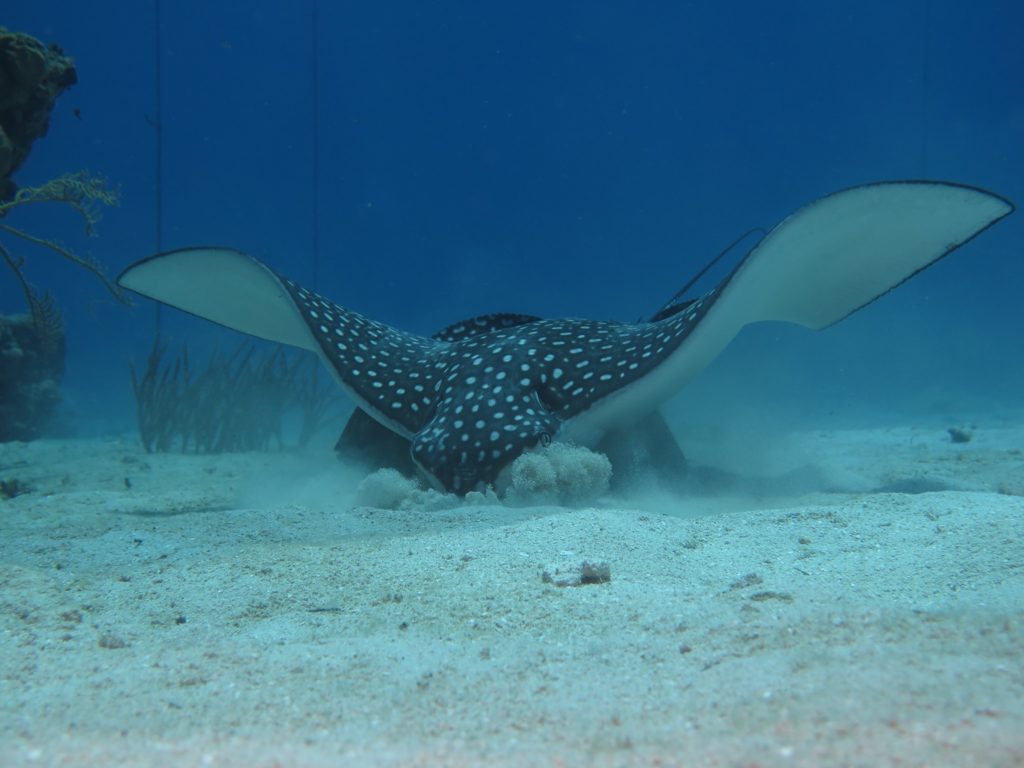
7. Wear reef safe sunscreen
It is important to protect your skin when you are exposed to the sun all day on a diving trip. Protect your skin, but protect it in a way that protects our coral reef as well. Certain chemicals found in common sunscreens take a major toll on the health of our coral reef. Always buy reef safe SPF, you can check out our guide to buying reef safe sunscreen here. If in doubt wear a rashguard / t-shirt and a hat to protect yourself.
8. Pick an eco-friendly dive shop.
An important aspect to being an environmentally conscious diver is choosing a dive shop that reflects that initiative. Check out their website, email the shop and ask questions so you can get a better feel for what they stand for.
Education and best taught practices start with the dive shops and example sustainable divers we learn from. We want to support the dive shops that support sustainable practices so that together we can support the over all goal : to keep our oceans healthy.
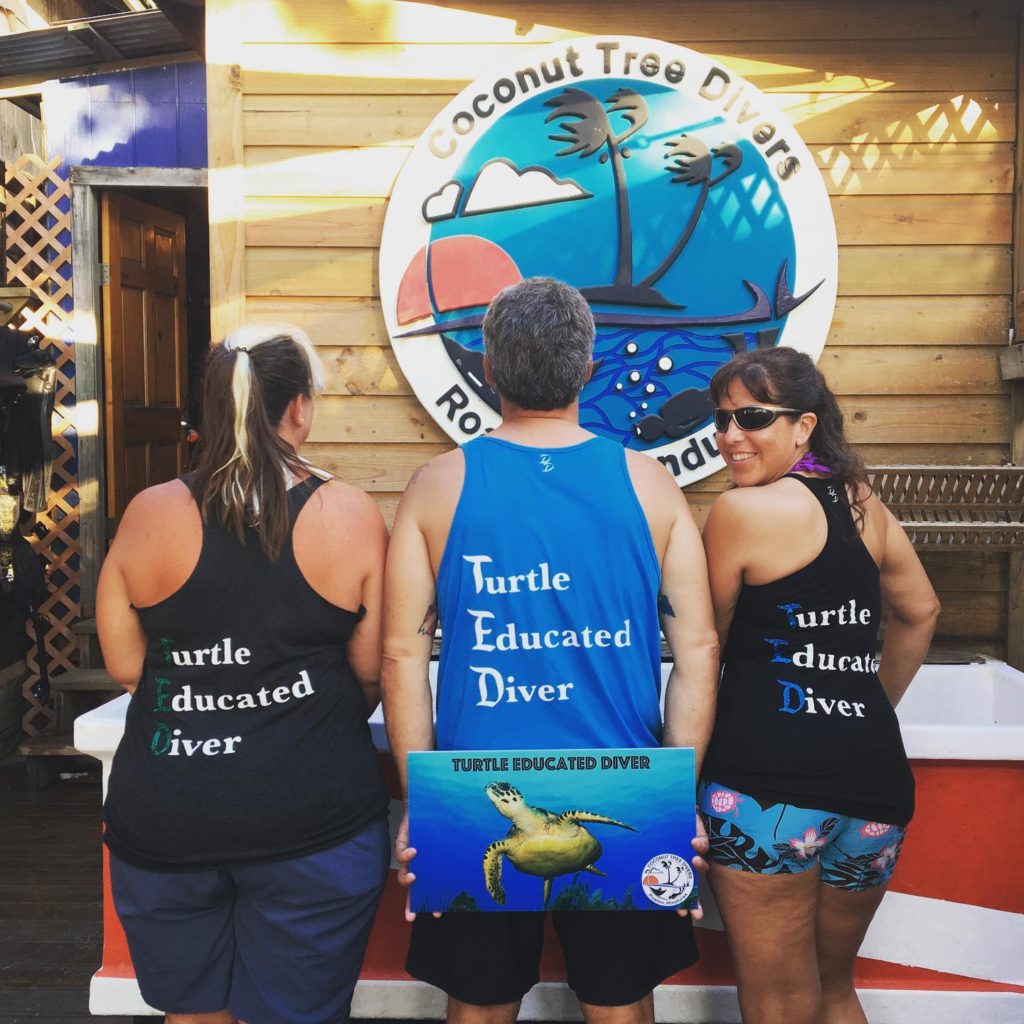
We hope you now have all the ammo you need to become a sustainable diver! It starts with us, we need to do our part so thank you for reading and being environmentally conscious !!
